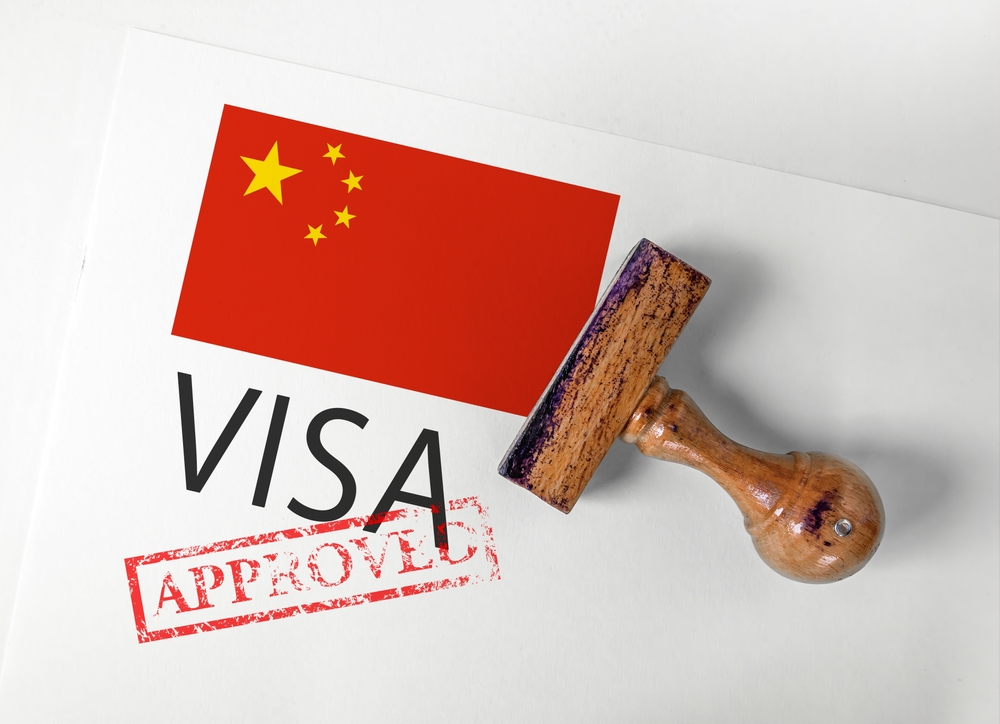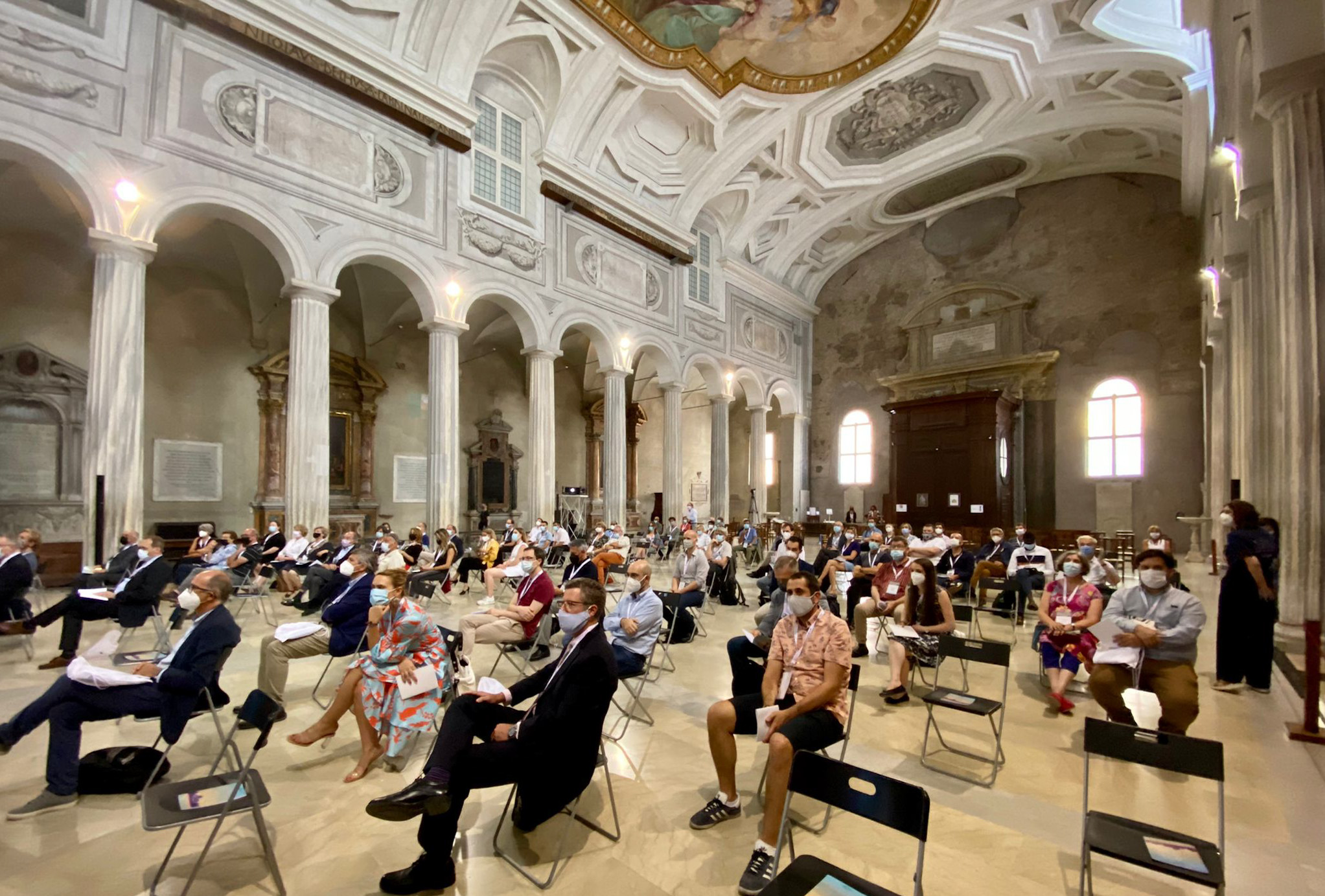
Lending time, resources and money to valuable causes is a great way for companies to give back. Finding meaningful and unique causes also raises engagement by getting a team involved and interacting. Many resorts have leveraged on unique locations to create worthy projects that benefit the environment and surrounding communities. From elephant rehabilitation camps to developing poorer local areas, these resorts offer guests the opportunity to get hands on with a project close to the ground.
Andrew Jones, chairman of the Hospitality Committee and an advisor on CSR for the Pacific Asia Travel Association, believes that meaningful engagement is key to a successful CSR event. “It helps create community development and harmony,” he says, adding that a list of measurable criteria and goals can help determine required outcomes. He explains: “For the receiving organisation, there should be increased manpower to attain an objective, financial support, opportunities to engage in larger activities and to leverage brand cooperation to support the initiative and organisation. For the company donating time, money or manpower, there should be engagement, satisfaction, recruitment and attraction, as people prefer to work with companies that are actively engaged in community support.”
Lending a hand
On the Indonesian island of Sumba, Nihiwatu Resort encompasses tropical forests, rice terraces and grasslands. Working closely with the Sumba Foundation, the resort offers guests the opportunity to interact with the communities in Sumba, some of Indonesia’s poorest. Singapore-based Lightfoot Travel can make arrangements and companies that have visited this remote location include surfwear brands Hurley and Quiksilver; investment management firm Optivest; and cosmetic firm Sisley Paris. These brands have got involved in initiatives such as clean water campaigns to medical help.
In Chiang Rai, the Four Seasons Tented Camp Golden Triangle, a founding member of the Golden Triangle Asian Elephant Foundation (GTAEF), actively promotes being a researcher for a day. Small business and events groups can book out the camp and learn about the care and rehabilitation of elephants in Thailand. John Roberts, director of Elephants for the GTAEF says: “It is much easier for people to have an attachment to the work they are supporting if they have met our elephants and worked with our scientists and educators. Our work has now gone beyond just looking after elephants onsite, but it is still better for everyone to have a connection if the guests have looked into the eyes of an elephant.”

In Cambodia, NGO the Shinta Mani Foundation has been supporting villagers in the surrounding areas of Siem Reap for almost ten years. The Shinta Mani Resort, a 62-room boutique hotel that supports the foundation, welcomes small groups and runs a variety of social initiatives that visitors can get involved in. These activities can be tailored to the needs of a group, but as executive director of the Foundation, Chitra Vincent explains, just staying at the hotel helps the local community. Vincent says: “Every night, US$5 from [the cost of] each room is donated to the foundation. The hotel was established to help the foundation, so the operating costs of the foundation are taken care of through the hotel. Any donations made by guests goes 100 per cent to the foundation’s work.”
In October, the Shinta Mani Foundation set up a training programme called The Farming Development Center to enhance the lives of young Khmer villagers living in the countryside. Part of its work includes teaching farming techniques and supporting graduates to maintain their own farms as a sustainable way to avoid poverty, plus life skills like English and Khmer language lessons. Guests of the hotel are invited to participate by teaching additional skills such as English, educational games or cooking. Vincent says: “There is a lot of help needed in this area [because it’s so new].” She adds that the Rotary Club of South Korea and a top Singaporean IT company have been recent guests.
Balancing unique experiences with giving back to the community is also a concern for event planners. In Alice Springs, companies have the opportunity to support community-based initiatives while still creating exceptional experiences with organisations such as Bindi. This social enterprise supports meaningful employment for the disabled by comissiioning them to complete art projects. Companies can work with the centre to create unique products, such as nametags for their events. Manager of Bindi Enterprises Raewyn Kavanagh, says: “As an Australian disability enterprise, we are always looking for simple but meaningful activities that can produce an income. Our organisation is on a very tight budget so all the sales we make from goods and services support the operation of a small but much-needed disability employment service. Locally, the organisation is known with affection and has managed to survive through tough economic times thanks to the generosity of individuals and businesses that turn to Bindi when they need a service we can offer. We are always looking for new ideas and opportunities to work together with business and community groups. Companies are welcome to contact us to talk about ways that we can work in partnership to assist with meetings and events, or provide goods and services for mutual benefit.”
Digging into your pockets
Chitra Vincent from the Shinta Mani Foundation is pragmatic when it comes to how guests can get involved. She says: “It depends on the people. Some individuals are not used to physical activity – and Cambodia can get pretty hot. We don’t want anyone to suffer from wanting to do good. But if they can cope with the climate, we are happy to have them contribute.”
While getting involved in CSR activities in exotic locales may sound attractive, there is always the question of whether this experience creates more harm than good.

Sean Downs of The Sumba Foundation highlights one potential problem. He says: “A drawback is the potential for a lack of consistency and follow up. We plug visitors into existing project initiatives that are run by locals and continue after the visitors are gone.”
That’s not to say that such interaction cannot be beneficial, however. John Roberts from GTAEF notes that its partnership with the Four Seasons has bought many benefits. He says: “Aside from the obvious financial support that we receive, working with an internationally renowned hotel chain has given us access to guests – including conservationists, journalists and opinion shapers – that we wouldn’t otherwise have been able to meet. This has become particularly important as time has progressed and our grasp of the wild and captive elephant situation has increased.”
Meaningful engagement
Ultimately when it comes to deciding how to get involved, Andrew Jones has these words of advice: “Some questions that may help to determine the needs of the recipients should be: Have they previously engaged in such activities with groups or meetings and volunteers? What were the projects that were carried out? What were the measureable outcomes or benefits derived from the previous activities? You don’t want to find out that your group just repainted an orphanage that has previously been repainted by volunteers several times in the last few months.” He adds that planners also need to check that delegates will receive proper management and supervision, and work with reputable NGOs or organisations to ensure that programmes or projects are adhered to. In addition, any financial support should be properly accounted for and audited.
Sean Downs of The Sumba Foundation says that perhaps the most important element to be mindful of when planning CSR events is that the benefits outweigh the costs, financial or otherwise. He says: “It takes a lot of work and coordination to arrange for visitors to participate in projects for a short period of time. Monetary donations are simpler because labour is cheap in Indonesia and by hiring locals to build a well, for example, we create jobs and income. On the other hand, getting foreign donors involved creates a cross-cultural bond and partnership that is extremely powerful, and leaves the donor and recipient with a higher level of understanding and compassion for each other. So we think the effort it takes to coordinate participation in projects is worth it.”


